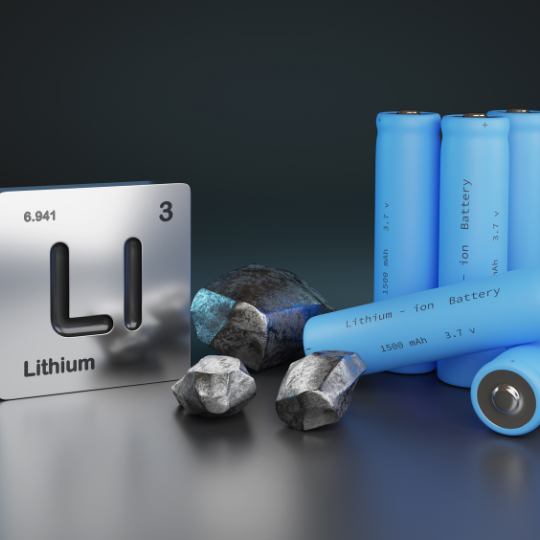
From smartphones and laptops to e-bikes, power tools, and scooters—lithium-ion batteries are everywhere. While they’ve revolutionized convenience and mobility, they also come with a serious safety risk: fire.
More and more home insurance claims are tied to lithium-ion battery fires. When these batteries overheat or are damaged, they can ignite suddenly and burn intensely. Here are 7 essential tips to help protect your home and family.
1. Use the Charger That Came With the Device
Always use the manufacturer-approved charger and cable. Off-brand chargers may not have proper voltage control and can overcharge or overheat the battery.
2. Avoid Charging Overnight or Unattended
It’s tempting to leave devices plugged in overnight—but that’s also when most lithium battery fires start. Unplug as soon as the battery is full and avoid charging when you're not home or awake.
3. Charge on Hard, Non-Flammable Surfaces
Never charge batteries on beds, couches, or near flammable materials. Use a flat, dry, and fire-resistant surface, like a countertop or concrete floor.
4. Don’t Ignore Signs of Damage or Swelling
If a device is overheating, leaking, has a strange odor, or the battery looks swollen—stop using it immediately. A damaged lithium battery can fail without warning.
5. Store Batteries Safely
Keep batteries away from direct sunlight, extreme heat, or cold. Don’t store them in your car, garage, or near water heaters and furnaces.
6. Buy Certified Devices and Batteries
Look for products that are certified by organizations like UL (Underwriters Laboratories). Cheaper knockoffs may not meet essential safety standards.
7. Dispose of Batteries Properly
Never throw lithium-ion batteries in the trash. They can spark fires in garbage trucks or landfills. Instead, take them to a certified recycling center or hazardous waste facility.
Why It Matters for Your Insurance
Fires caused by lithium-ion batteries are fast, hot, and destructive. If a fire starts, it could result in serious property damage or worse—injury to loved ones. Many homeowners are surprised to learn that fire damage from rechargeable devices is a growing category in home insurance claims.
By practicing these simple safety habits, you can reduce your risk, protect your home, and potentially avoid a costly claim.
Want a home insurance review to make sure you’re fully covered? Reach out today. We’ll help you understand your policy and ensure you have the right protection in place.